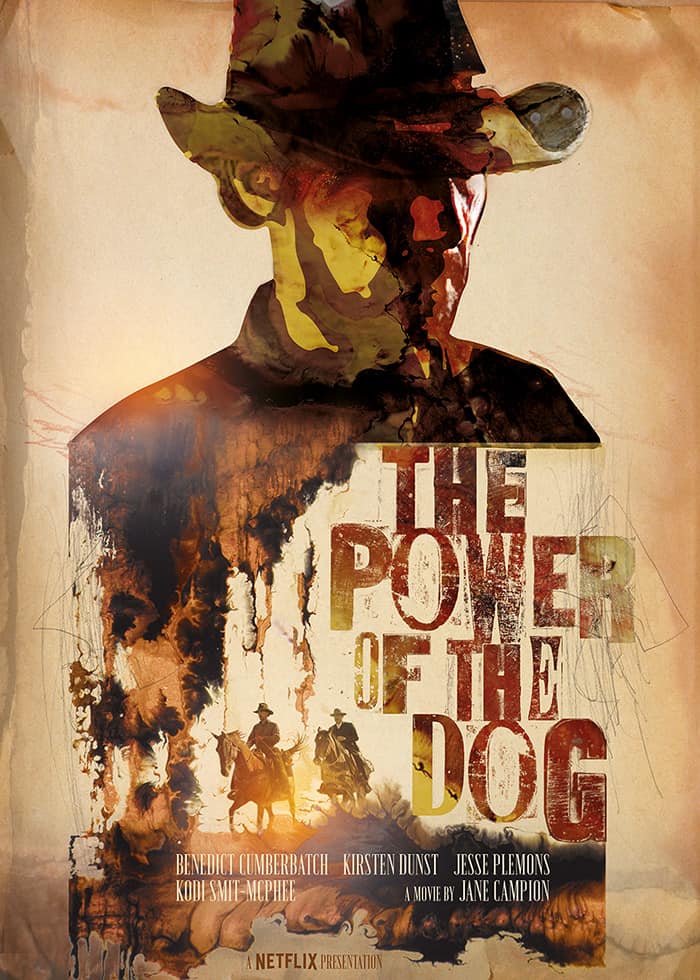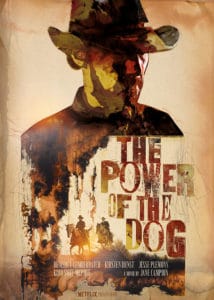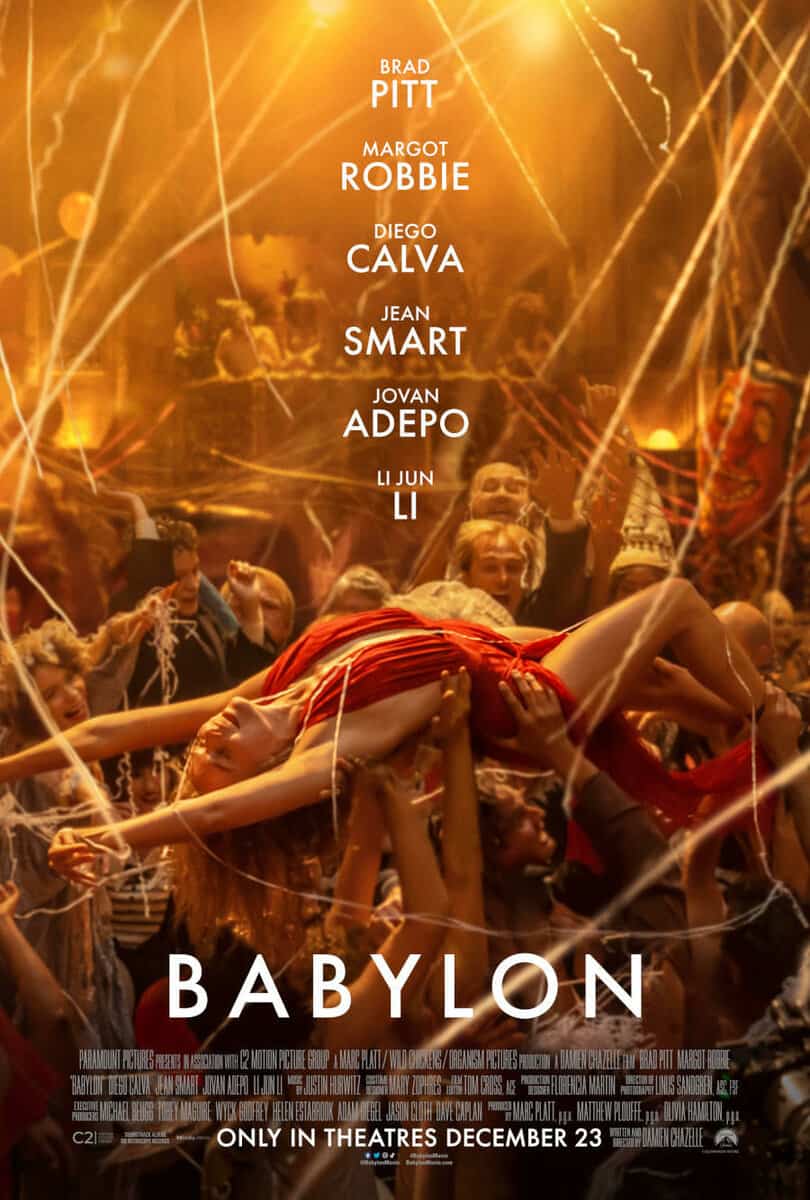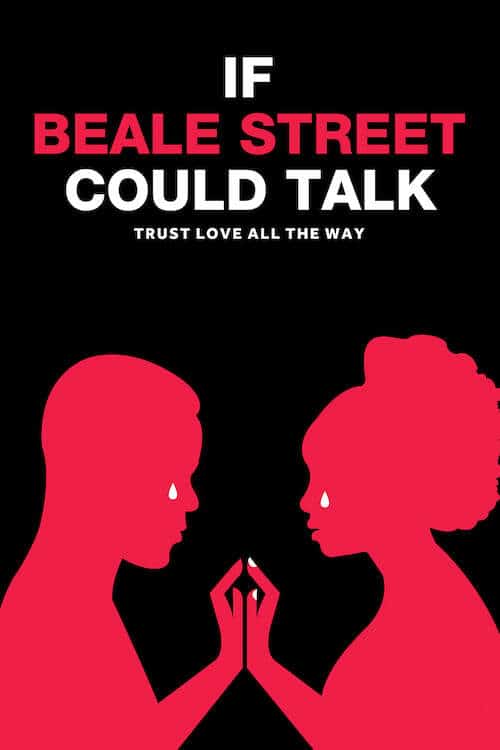
The upcoming Academy Awards mark the end of the year’s award season. But before we dig into the nominations, let’s address the elephant in the room. The Academy, under threats from ABC, has demoted eight awards categories, including best original score. Rather than be presented live, these eight awards will be awarded beforehand, recorded, edited for length, and then scattered throughout the show. Although winners will give speeches, they’ll presumably be doing so in front of a half-empty audience. Despite weeks of constant outcry and ridicule from fans, outlets, critics, and members of seemingly every facet of the film industry (including many A-listers), nothing has changed.
Given the Academy’s clear disdain for these nominees, treating them as a less important aspect of film (though good luck making a film without editing), I initially intended to skip this coverage entirely. But a composer friend asked me to reconsider and celebrate the nominees. And he’s right. After all, this is one of the few times of year that film music is discussed and celebrated broadly, and it isn’t fair to ignore the five great nominated scores for the idiocy of the Academy.
After winning the Golden Globe and BAFTA, the Oscar seems like Zimmer’s to lose. If he does win, it’ll be the third year in a row that a score has won the Golden Globe, BAFTA, and Academy Award (after Hildur Guðnadóttir’s Joker and Trent Reznor, Atticus Ross, and Jon Batiste’s Soul). Hopefully there will be more suspense in future years.
But Zimmer winning isn’t a given, and all of the scores conceivably could win. The next most likely is Jonny Greenwood’s The Power of the Dog. It’s been a critical favorite throughout the season, and we could see that spring back up. In fact, the film as a whole has been a critical darling, evidenced by its twelve nominations. The best “surprises” were Germaine Franco’s Encanto and Alberto Iglesias’s Parallel Mothers. They both seemed largely forgotten during the earlier parts of awards season, so it’s refreshing to see them receive the attention. However, they, alongside Nicholas Britell’s Don’t Look Up, will be on the outside looking in.
Read on to find out a little bit about each score and be sure to check each out as they’re all worth a listen.
Nominees:
- Don’t Look Up – Nicholas Britell
- Dune – Hans Zimmer (Winner)
- Encanto – Germaine Franco
- Parallel Mothers (Madres Paralelas) – Alberto Iglesias
- The Power of the Dog – Jonny Greenwood
DON’T LOOK UP
Don’t Look Up sees Nicholas Britell snag his third Oscar nomination. Britell’s score mixes big band jazz, orchestral work, and some electronic flourishes to accompany Adam McKay’s social satire. The biggest challenge Britell faced – and what he should be most lauded for – is managing the delicate balance between serious and comedy; lean too far to the former and it threatens to override the jokes, too far to the latter and the film becomes a parody of itself.
DUNE
Surprisingly, although Dune marks the twelfth Academy Award nomination for Hans Zimmer, he’s only won once. Fortunately for Zimmer, Dune is the odds-on favorite to win. It feels like a lifelong culmination of Zimmer’s work, focusing his years of craft to score a project he’s been dreaming about since he first read Frank Herbert’s novel over four decades ago. Although less risky and unorthodox than the companion piece The Dune Sketchbook, Zimmer’s Dune is dense, ominous, and truly overwhelming. A multitude of themes and motifs interweave across the galaxies, spelled out in electronic, orchestral, rock, and choral palettes.
ENCANTO
Germaine Franco’s first Oscar nomination makes her not only just the sixth woman to ever be nominated for the award, but also the first Latina nominee ever. Though the original songs from Encanto have received the most attention, my favorite part is Franco’s score. Hers is a lively, utterly delightful score, whose standouts are Colombian music stylings and traditional, regional folk instruments. Apparently, Franco spent a year on finding, exploring, and ultimately perfecting Encanto’s sound. The results speak for themselves.
PARALLEL MOTHERS (MADRES PARALELAS)
Parallel Mothers marks Alberto Iglesias’s fourth Academy Award nomination. Despite this nomination, Iglesias remains (in my opinion) one of the more underrated contemporary film composers. It’s a beautiful, emotional score that floored me within the first minute of the first cue. There’s an impressive, surprising intensity built into the main theme introduced therein, which sets the tone for the rest of the score. Iglesias marries this intensity, which sometimes leans into outright aggression, with intimacy and even borderline sinister elements. Parallel Mothers is simply a stunning work that I’m increasingly regretful didn’t end up in my best of 2021 countdown.
THE POWER OF THE DOG
For those that paint the Western genre in broad, superficial strokes as primarily cowboys and Indians, black hats versus white hats, and a vehicle for masculinity, The Power of the Dog comes as a surprise. Greenwood’s score is subversive, with its unorthodox palette that includes cellos pretending to be banjos and detuned, mechanical pianos. But, more notably, it’s a Western score that’s more interested in interpersonal subtext than reverence for the landscape. It’s an incredibly clever, intellectual score that can require numerous listens to penetrate its complexities.



